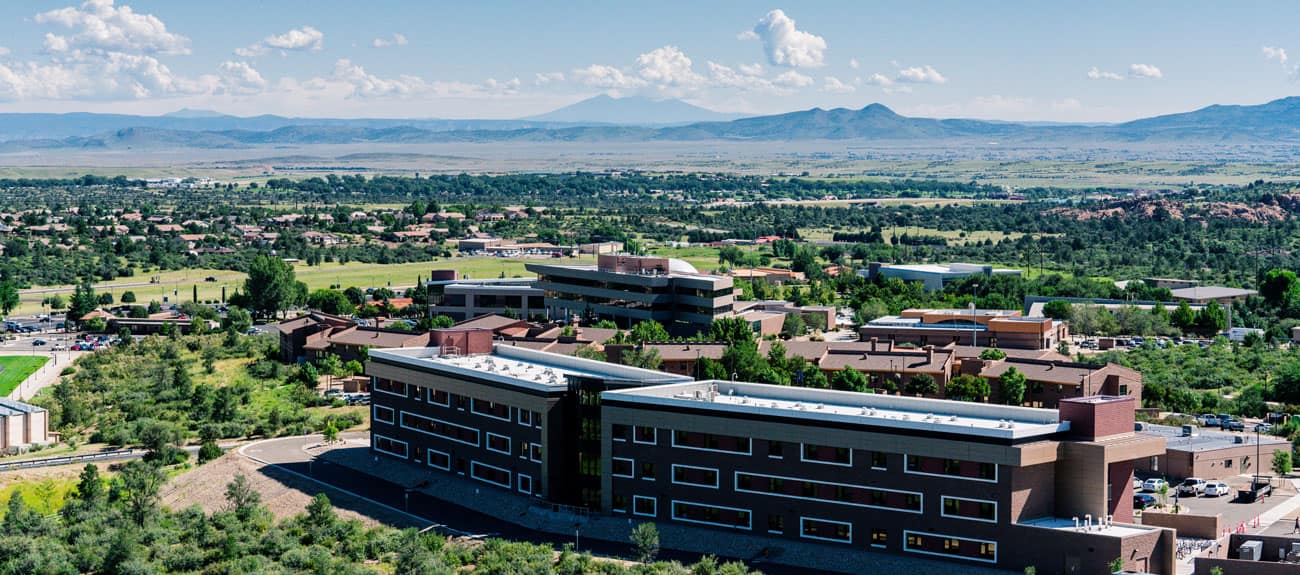
Students are responsible for knowing, understanding and adhering to the Student Handbook, as well as other campus, University and department policies and guidelines as outlined in the Student Handbook webpages, on department sites and via other methods.
Each Embry‑Riddle student is expected to demonstrate a high level of responsibility and maturity; personal honesty and integrity are fundamental elements of responsible citizenship and are an intrinsic part of the basic character required for productive careers in the aviation, aerospace and related industries.
These guidelines are split into five sections:
- Student and Organization Conduct Process
- Standards of Conduct
- Housing and Residence Life-Specific Standards of Conduct
- Registered Student Organization-Specific Standards of Conduct
- Resources and Reference Information
Note: Applicable policies and procedures may be modified or updated periodically. Students are bound by the terms in effect and published online at the time of any given event or occurrence. The posted electronic version of applicable policies and procedures in this Student Handbook serves as the official current version.
